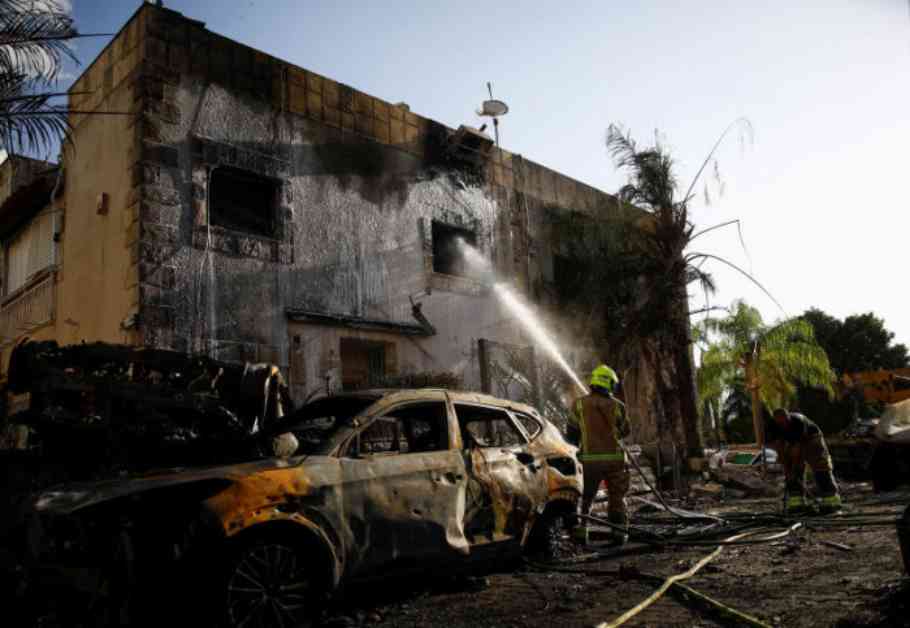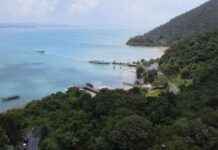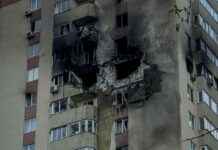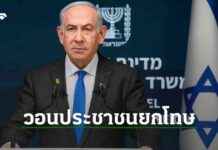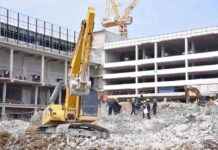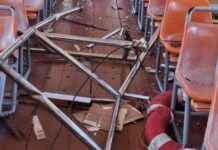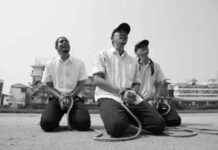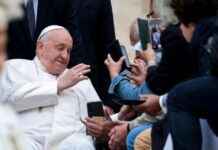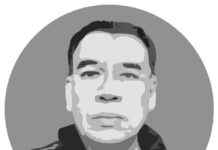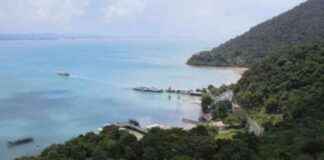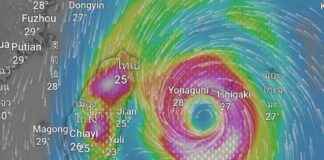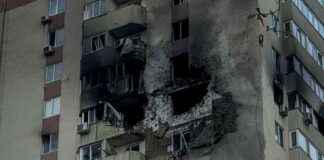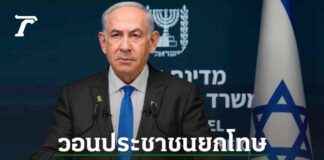Hezbollah-Israel Conflict Intensifies with Heavy Fire Exchange & Deadly Israeli Strike
The ongoing conflict between Hezbollah and Israel reached new heights over the weekend, with both sides engaging in heavy fire exchanges and deadly strikes. The situation escalated on Friday when an Israeli airstrike targeted Hezbollah commanders, resulting in the death of at least 37 people in a suburb of the Lebanese capital.
Hezbollah, a powerful Iran-backed group, reported that 16 of its members, including senior leaders Ibrahim Aqil and Ahmed Wahbi, were among those killed in the strike. This incident marked the deadliest attack in nearly a year of conflict between the two parties. The Israeli military claimed that the strike had targeted an underground gathering of Hezbollah leaders and had significantly disrupted the group’s military chain of command.
In response to the Israeli attack, Hezbollah launched rocket attacks on military targets in Israel’s north, including the Ramat David Airbase. These strikes were described as the deepest incursions into Israeli territory since the hostilities began. Additionally, Iran-backed Iraqi militants claimed responsibility for an explosive drone attack on Israel early on Sunday, further escalating the conflict.
The Israeli military retaliated by striking Hezbollah targets in Lebanon, prompting concerns about the potential for further escalation. US national security adviser Jake Sullivan expressed worries about the situation but also stated that the killing of a top Hezbollah leader by Israel brought justice to the group, which the US designates as a terrorist organization.
Lebanese Prime Minister Najib Mikati canceled a planned trip to the U.N. General Assembly in New York in light of the escalating violence. Meanwhile, Israel braced for potential retaliation from Hezbollah by restricting gatherings and raising the alert level for residents of northern communities. The alert extended as far south as the coastal city of Haifa, indicating Israel’s concerns about possible deeper incursions by Hezbollah forces.
In southern Lebanon, eyewitnesses reported massive explosions and intense airstrikes by Israeli forces that illuminated the night sky and shook the ground. Israeli Defence Minister Yoav Gallant stated that Israel was entering a new phase of conflict on the northern border, emphasizing the goal of ensuring the safe return of northern residents to their homes.
The conflict between Israel and Hezbollah has led to tens of thousands of people fleeing their homes on both sides of the border. With at least 70 people killed in Lebanon over the past week, the total death toll in the country since October has surpassed 740, marking the worst flare-up between Israel and Hezbollah since the 2006 war.
Subheadings:
1. Escalation of Violence: Israeli Airstrike Targets Hezbollah Commanders
2. Hezbollah’s Retaliation: Rocket Attacks on Israeli Military Targets
3. International Concerns and Regional Implications
As tensions continue to rise between Hezbollah and Israel, the international community remains concerned about the escalation of violence and the potential for further destabilization in the region. The conflict, which has already claimed numerous lives and caused significant damage, underscores the need for diplomatic efforts to de-escalate the situation and prevent further bloodshed.
